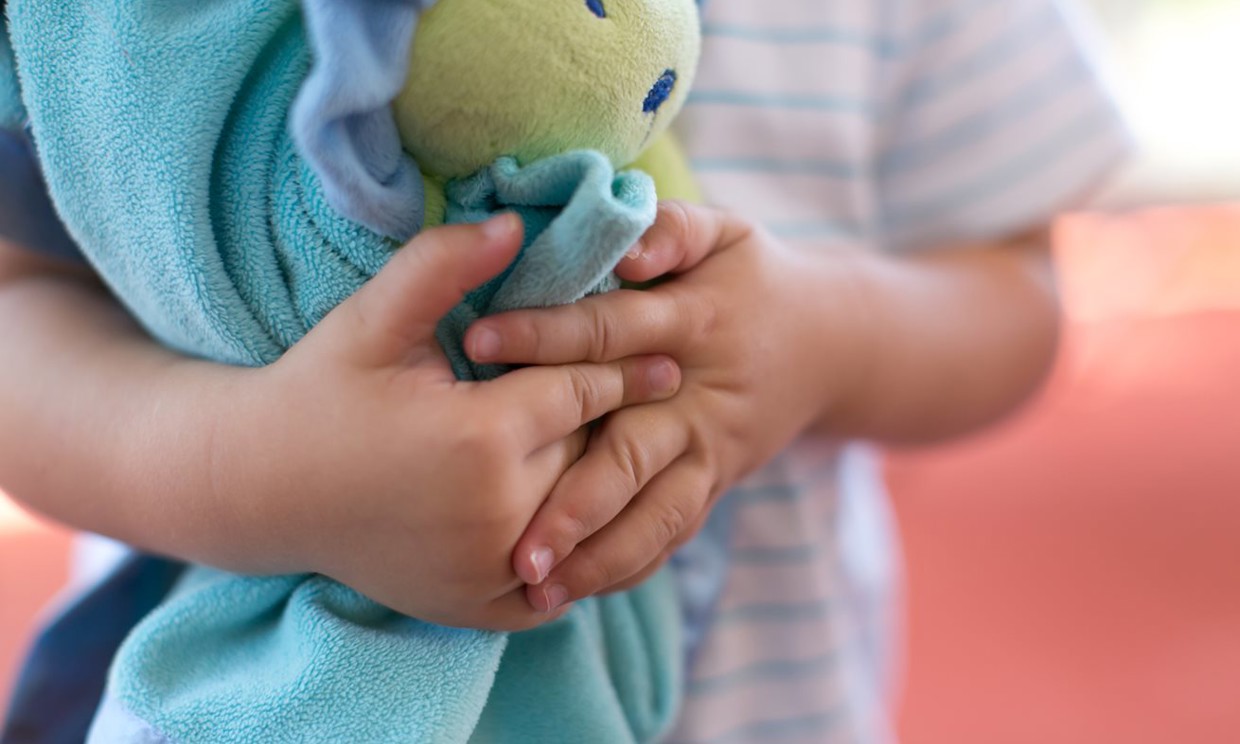There is no doubt moving your child from one early learning centre to another can be a stressful experience – for both you and your child.
Separation anxiety is normal in the early weeks of a child’s first introduction to a centre. Add to that a recent move and your child may seem upset at first.
Sometimes separation anxiety can peak between 14 and 18 months but it typically decreases throughout childhood. Sometimes it can last longer if there have been difficult separations in the early years.
When some children are separating from their parents at a new early learning centre, they may throw tantrums or refuse to get out of the car. Understanding this behaviour is important, as is speaking softly, stroking their hair or cuddling them.
Goodstart Early Learning’s national inclusive practices consultant Troy Dunn said separation anxiety could be very draining for the child and the parent.
“It’s not easy leaving your child when they are upset,” he said.
Other life events, such as moving house, starting in a new room, or a new baby in the family, can cause anxiety, making the children feel unsafe and uncomfortable. Sometimes children who were doing well can regress when change occurs.
Separation anxiety is normal in the early weeks of a child’s first introduction to a centre. Add to that a recent move and your child may seem upset at first.
Sometimes separation anxiety can peak between 14 and 18 months but it typically decreases throughout childhood. Sometimes it can last longer if there have been difficult separations in the early years.
When some children are separating from their parents at a new early learning centre, they may throw tantrums or refuse to get out of the car. Understanding this behaviour is important, as is speaking softly, stroking their hair or cuddling them.
Goodstart Early Learning’s national inclusive practices consultant Troy Dunn said separation anxiety could be very draining for the child and the parent.
“It’s not easy leaving your child when they are upset,” he said.
Other life events, such as moving house, starting in a new room, or a new baby in the family, can cause anxiety, making the children feel unsafe and uncomfortable. Sometimes children who were doing well can regress when change occurs.
While there’s no magic formula to wave goodbye to separation anxiety, we have a few tips that may help, as outlined in The Goodstart Practice Guide.
- Take your child to visit the new centre to meet the educators before they start.
- Talk to your child about what will happen at the centre, when you will be leaving and reassure them that you will be coming back.
- Work together with your children’s teachers and educators because they will be able to offer advice and guidance.
- Make sure your goodbyes are quick. It’s important not linger after you’ve said goodbye.
- Let an educator settle your child with something they enjoy such as reading a book or playing with some blocks.
- Be calm, respond to your child’s distress but be firm about leaving.
- Spend extra time with your child at the end of the day and encourage them to talk about their experiences.


